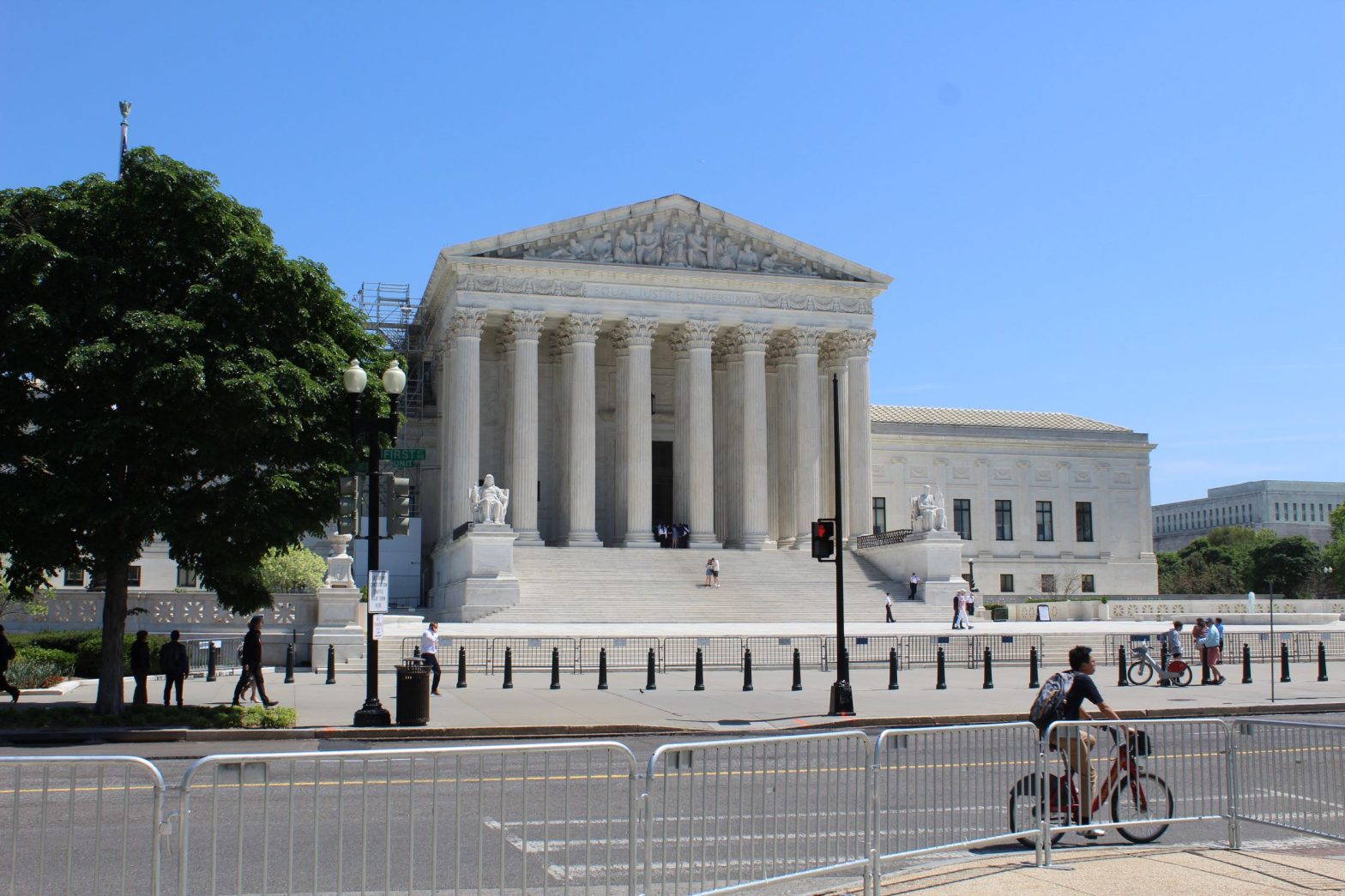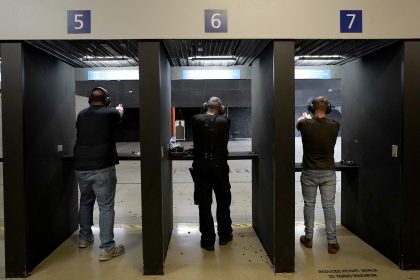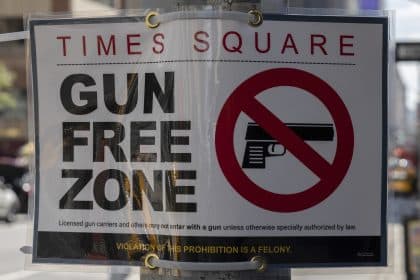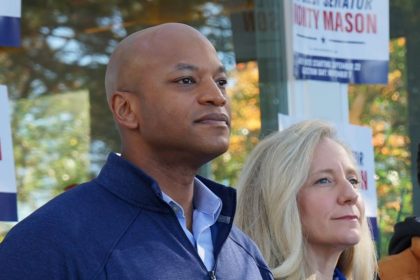Maryland Supreme Court Limits Evidence of Ballistics Tests in Trials

ANNAPOLIS, Md. — Maryland’s Supreme Court ruled this week that expert witnesses on ballistics tests linking a bullet to a single gun must be more restricted in the testimony they offer in criminal trials.
The ruling is expected to have far-reaching consequences for criminal prosecutions within Maryland and possibly other states that struggle with the reliability of the scientific tests.
The ballistics tests seek to identify unique marks and patterns on bullets that were imprinted as they passed through a gun barrel.
The tests are “generally reliable,” the court’s ruling said. “However, based on the record here, and particularly the lack of evidence that study results are reflective of actual casework, firearms identification has not been shown to reach reliable results linking a particular unknown bullet to a particular known firearm.”
The ruling was part of an appeal by a man convicted of first-degree murder and handgun offenses in the death of his Prince George’s County, Maryland, roommate. A ballistics expert testified that bullets that killed the victim came from the defendant’s gun.
The Maryland Supreme Court said the testimony was too unreliable. It ordered a new trial for the defendant.
The defendant’s appeal included evidence from studies showing widely differing opinions of ballistics experts based on the same tests. They examine bullets under microscopes before trying to match marks on them to guns.
The Maryland Supreme Court decision written by Chief Justice Matthew Fader referred to the studies when it said there are doubts about “accurate, repeatable and reproducible” results from the ballistics tests.
Other factors that influence error rates are how the ballistic tests are done and whether the forensic examiners know their performance is being monitored, according to the court’s majority opinion.
No single set of industry standards are enforced against the examiners.
One study mentioned by the court found ballistic experts who examined the same bullet twice classified them differently in 25%-35% of the cases.
The state Supreme Court said experts still could testify but only to a limited range of issues.
They can say whether markings on a bullet are “consistent” or “inconsistent” with bullets fired from a specific gun, the court said. They also can identify the category, brand and model of gun linked to a crime.
In reaching its decision, the Maryland justices abandoned the “reliability” test announced by the U.S. Supreme Court in the 1993 decision of Daubert v. Merrell Dow Pharmaceuticals Inc. It’s used in 40 states.
The “Daubert standard” empowers a judge to determine whether expert testimony on ballistics tests or other evidence can be presented to a jury. The judge must decide whether the evidence is “relevant to the task at hand” and rests “on a reliable foundation.”
If the evidence is based on science, such as the ballistics tests, it must be derived from sound “scientific methodology,” the U.S. Supreme Court said in 1993.
The more stringent legal test adopted by the Maryland Supreme Court this week relies on 10 factors to assess expert testimony. They include potential error rates of forensic tests and whether the technique has been reviewed by scientific peers who agree it is reliable.
Unclear in the ruling is its effect on prior criminal convictions where ballistics tests were key evidence.
“It is too soon to know whether the decision will be applied to cases that have already gone through the appellate process,” Melissa Rothstein, spokesperson for the Maryland Office of the Public Defender, told The Well News. “However, it is terrible to think that a conviction could be allowed to stand where there would have been no conviction but for the state’s use of unreliable evidence.”
She said she hopes the ruling will set precedent that causes courts to rethink other forms of scientific evidence.
“Countless individuals have been convicted on the basis of quasi-scientific evidence,” Rothstein said. “The Maryland Supreme Court’s opinion is a step in the right direction and we look forward to this type of in-depth analysis for other forensic disciplines, even those that have long been considered settled.”
A high-profile case that relied on ballistic evidence was the prosecution of the 2002 D.C. snipers, John Muhammad and Lee Malvo. Microscopic analysis of bullets and fragments that killed 17 people and wounded 10 linked them to a Bushmaster semi-auto assault rifle police found in Muhammad’s possession.
Since then, Muhammad has been executed and Malvo is serving a life sentence.
You can reach us at [email protected] and follow us on Facebook and Twitter
























